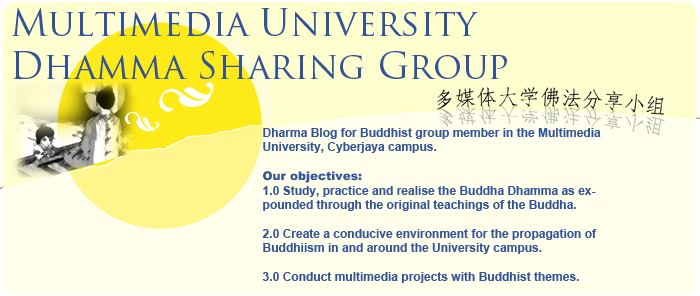Dhamma for Everyone
October 5, 1960
by
Ajaan Lee Dhammadharo
(Phra Suddhidhammaransi Gambhiramedhacariya)
Translated from the Thai by
Thanissaro Bhikkhu
Source: Transcribed from a file provided by the translator.
Copyright © 2003 Metta Forest Monastery
Access to Insight edition © 2003
Now I'm going to remind you of some of the Buddha's teachings as a way of encouraging you to be intent on practicing correctly in line with the Buddha's instructions. These teachings are called Dhamma. The Dhamma is an ornament for the mind. It's also a means for developing the faculties of the mind. The teachings I'm about to discuss come in the Ovada-Patimokkha, the Patimokkha Exhortation. This is a talk that deals with the duties of those who have ordained in line with the Buddha's instructions, but these practices also apply to lay people as well. Lay people can take these practices and train themselves to be good people, so that they can be eyes and ears, legs, feet, and hands, to help look after the work of the religion and to help it prosper.
These guidelines, which apply to all of us, fall under six headings:
- anupavado - not disparaging
- anupaghato - not injuring
- patimokkhe ca samvaro - restraint in line with the Patimokkha
- mattaññuta ca bhattasmim - moderation in food
- pantañca sayanasanam - dwelling in seclusion
- adhicitte ca ayogo: etam buddhana-sasanam. - commitment to the heightened mind: this is the Buddhas' instruction.
The first guideline:
anupavado. Don't go finding fault with one another. In other words, don't say evil things about one another, don't misrepresent one another, don't say anything that will cause people to fall apart from one another. Don't start false reports about one another, and don't encourage them. Don't curse or yell at one another. Instead of finding fault with one another, each of us should look at his or her own faults. This is what's meant by anupavado. You can use this principle anywhere, whether you're ordained or not.
...........................
[for further reading >>
http://www.accesstoinsight.org/lib/thai/lee/everyone.html]





